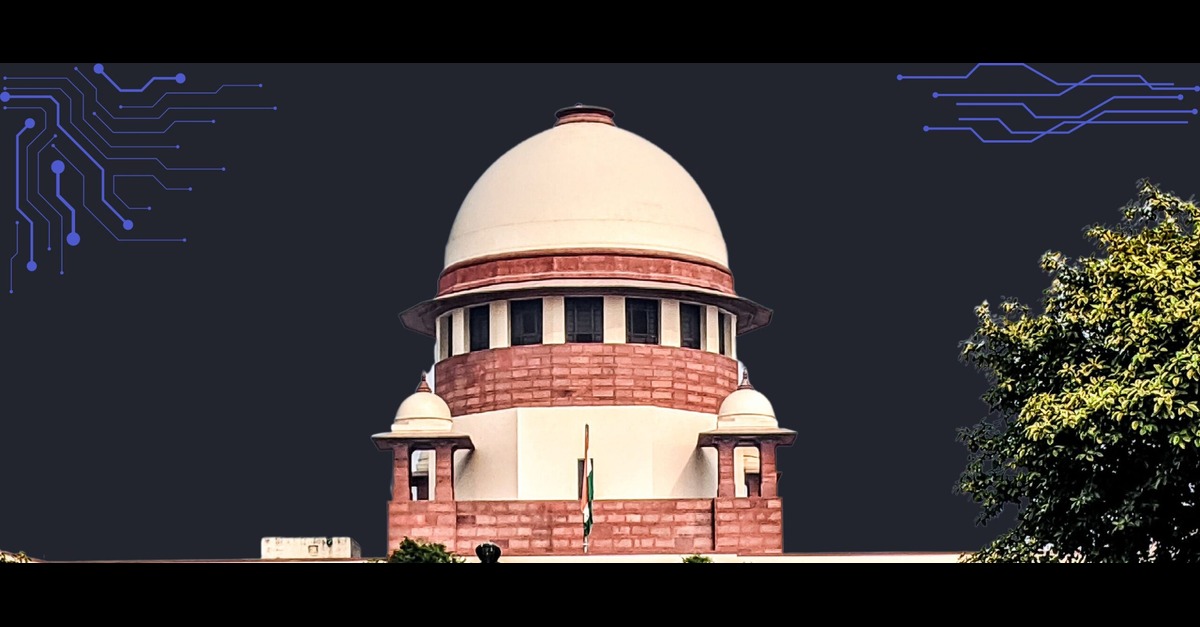Introduction
The Supreme Court ruled in favour of NP Ponnamma in a prolonged family property dispute against her brother, named Mr. NP Saseendran. She through the case was affirming her legal ownership of the contested land. The decision, was being delivered by a bench comprising Justice JB Pardiwala and Justice R Mahadevan. The case upheld the Kerala High Court’s ruling in the case, which had overturned the concurrent findings of the trial and first appellate courts respectively.
Background
The dispute revolved around a property transfer executed by NP Narayana Pillai, the father , in the year 1985. Ms. Ponnamma had claimed the ownership based on a settlement deed that she stated was a gift giveN to her. However, Mr. Saseendran, stated that the document was a Wil and not a gift, as their father had retained possession and later revoked the deed in 1993 before selling the said disputed property to him.The trial court and first appellate court ruled in Favor of Mr. Saseendran, thereby consecutively finding that the 1985 document was a still a Will. However, the Kerala High Court had reversed these decisions, thereby further recognizing the deed as a valid gift and invalidating its cancellation and subsequent sale of the property.
Key Points
The Supreme Court had analysed whether the 1985 document constituted a gift or a Will based on the principle of ‘in praesenti’ transfer which was essentially, determining if ownership was transferred immediately or upon the father’s death. The document explicitly conveyed ownership to Ms. Ponnamma while allowing her father to retain a limited life interest, including the right to take income from the property and mortgage it up to Rs.2,000.The Court ruled that the reservation of life interest did not invalidate the gift. It stated that delivery of possession is only one method of proving acceptance and not the sole requirement. The receipt and registration of the document by Ms. Ponnamma were deemed sufficient to establish acceptance under Section 122 of the Transfer of Property Act, 1882.The Supreme Court ruled that since the 1985 deed was a gift, it could not be unilaterally revoked under Section 126 of the Transfer of Property Act, 1882.The cancellation of the deed in 1993 and the subsequent sale of the property to Mr. Saseendran were deemed invalid and unenforceable.
Recent Developments
The ruling clarifies that a validly executed and accepted gift deed cannot be revoked unilaterally. It further establishes that the retention of life interest does not convert a gift deed into a Will. The Supreme Court emphasized that property transfers must be evaluated based on their substance rather than their title.
Conclusion
The Supreme Court’s decision upholds Ms. Ponnamma’s property rights and sets an important precedent for future disputes concerning gift deeds and Wills in India. The judgment reinforces the protection of gift deeds and provides clarity on unilateral revocation of such transfers.
“PRIME LEGAL is a full-service law firm that has won a National Award and has more than 20 years of experience in an array of sectors and practice areas. Prime legal falls into the category of best law firm, best lawyer, best family lawyer, best divorce lawyer, best divorce law firm, best criminal lawyer, best criminal law firm, best consumer lawyer, best civil lawyer.”
Written by POOJA PARAMESWARAN


